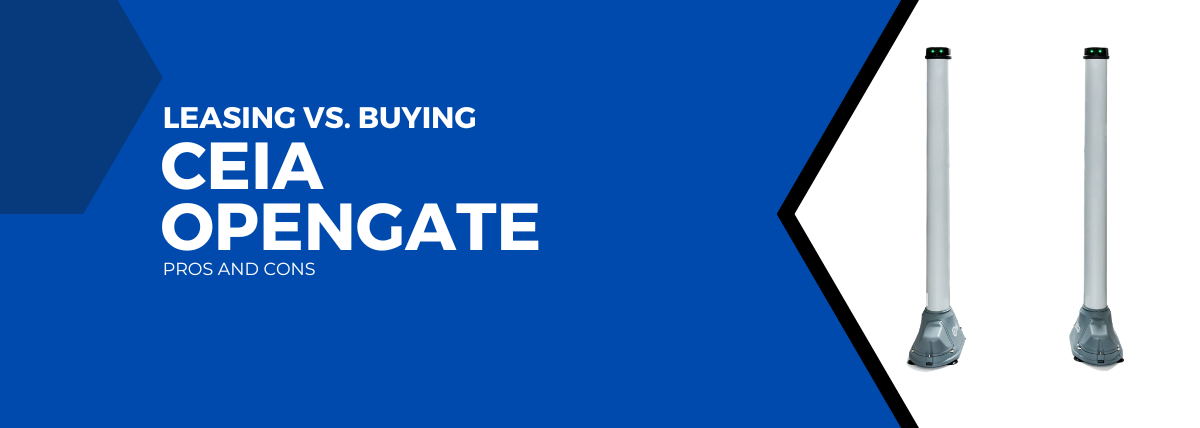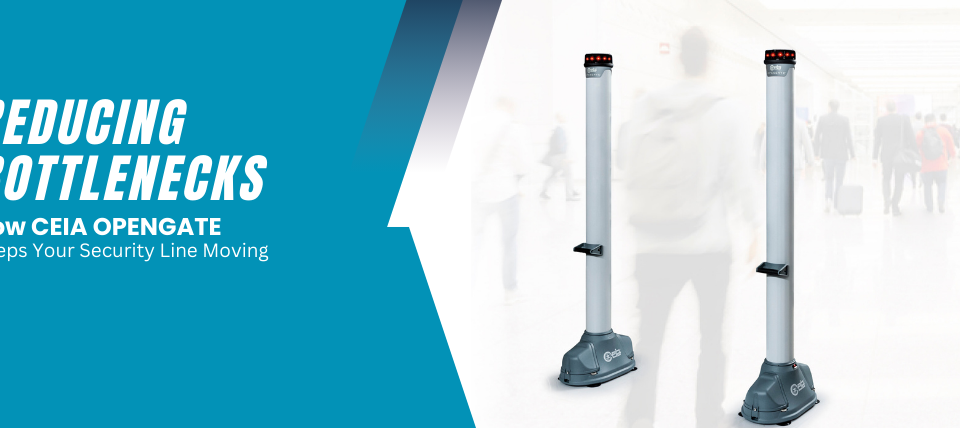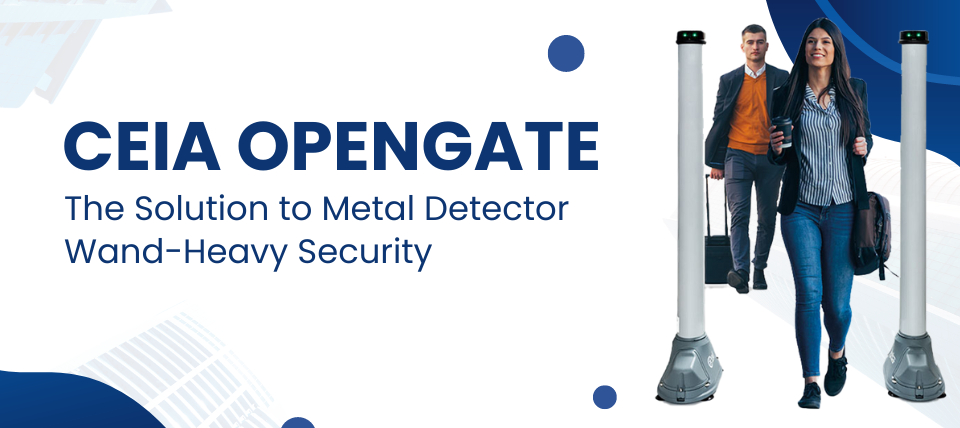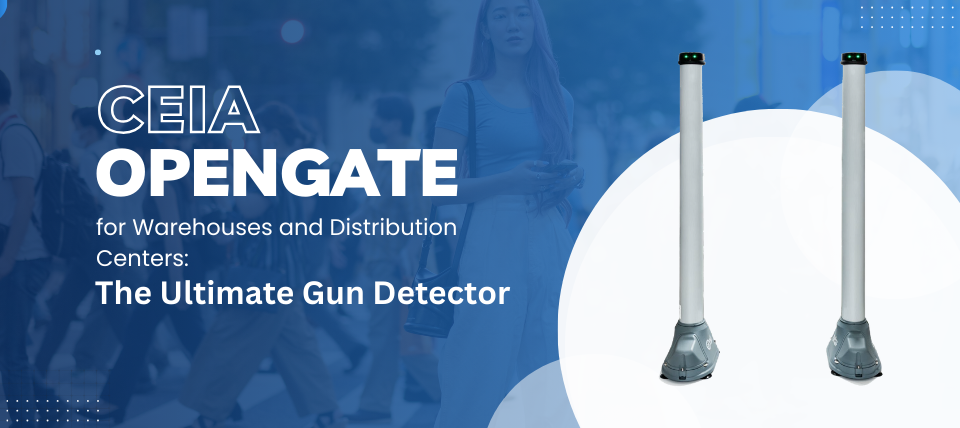Leasing vs. Buying CEIA OPENGATE: Pros and Cons

Ensuring the safety and security of public spaces is more important than ever in modern society.
Modern gun detectors like the CEIA OPENGATE weapons detector provide a dependable solution for a range of settings, including corporate buildings, event spaces, airports and schools.
Nonetheless, deciding whether to purchase or lease this cutting-edge security system is a frequent conundrum for businesses.
Here, we will analyze the advantages and disadvantages of each option to help you make an informed decision.
Advantages of CEIA OPENGATE Leasing
1. Reduced Starting Expenses
When leasing a CEIA OPENGATE gun detector, the initial outlay is far less than when buying one.
This can be especially helpful for businesses on a tight budget or those that would rather direct their funds to other important projects.
2. Modern Technology
You can upgrade your equipment when new models and advancements become available when you lease it.
This way, you can maintain the latest technology in your security system without having to deal with the trouble of selling old gear.
3. Consistent Budgeting
Fixed monthly payments are a common feature in leasing agreements, which facilitates better expense management and prediction.
Your finance staff will feel more at ease knowing that budgeting and financial planning will be easier with this consistency.
4. Potential for Possession
At the conclusion of the lease period, certain leasing agreements give the tenant the choice to buy the equipment.
This implies that you will be able to purchase the CEIA OPENGATE gun detector at a later date, but at a cheaper starting cost.
Cons of Leasing a CEIA-Opengate
1. Contractual Obligations
There are certain terms and conditions associated with leasing agreements that need to be followed. Penalties or additional costs can arise from early termination or contract modifications.
2. Greater Long-Term Costs
Leasing can seem more affordable at first, but in the long run, it may end up costing more than buying outright. Analyzing the total cost over the course of the lease is crucial.
3. No Immediate Ownership
You do not become the equipment’s owner during the lease term. This implies that you might have to pay extra if you have to buy the equipment at the end of the term or negotiate a new lease.
Advantages of CEIA OPENGATE Purchase
1. Increased Long-Term Expenses
In the long term, especially if you intend to use the device for a longer period of time, buying a CEIA OPENGATE gun detector can be more economical.
Ownership gets rid of monthly leasing payments, which could result in long-term financial savings.
2. Property Ownership
Being the equipment’s owner gives your company a tangible asset that may be written down for tax purposes.
Furthermore, there are no contractual limitations on your ability to update or change the system as needed.
3. Agreement-Based Obligations
The CEIA OPENGATE gun detector is yours to use, maintain, and dispose of as you see fit.
This flexibility might be helpful for companies that need a customized approach or have unique security requirements.
Cons of Purchasing CEIA OPENGATE
1. Greater Start-Up Cost
The greater upfront expense is by far the biggest drawback of buying. Organizations that prioritize other expenditures or have limited cash can find this to be a hurdle.
2. Technological Obsolescence
The rapid development of security technology suggests that, should you purchase equipment, you may find yourself obligated to use outdated technology before you expect. Upgrading to a newer model can be expensive and difficult.
3. Responsibilities for Maintenance
The cost of ownership can increase because you, as the owner, are in charge of all upkeep and repairs. More preparation and resources are needed to guarantee the gun detector operates at its best.
Key Takeaway
Your organization’s budget, long-term security requirements, and technology choices will all play a role in your decision over whether to lease or purchase a CEIA OPENGATE gun detector.
While buying delivers long-term savings and complete control over the equipment, leasing offers cheaper initial costs, predictable budgeting, and eventual ownership.
To choose the best option for your security plan, assess your unique needs and weigh the advantages and disadvantages.
You can make sure that your investment in the CEIA OPENGATE gun detector successfully and efficiently improves the safety and security of your company by carefully considering these considerations.



